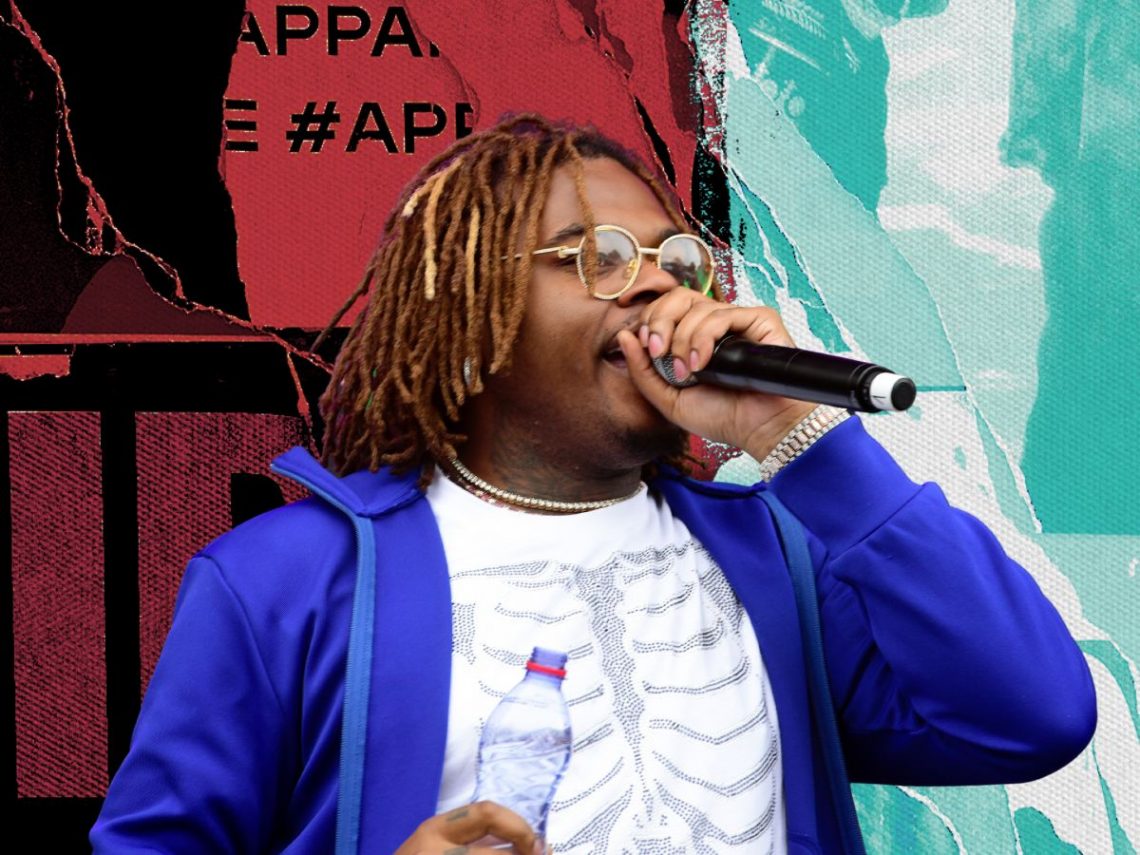Rapper Gunna has been released from prison after he pleaded guilty to a racketeering conspiracy charge in a much larger gang indictment.
Notably, earlier this year, Gunna and YSL label boss and fellow rapper, Young Thug, were charged with conspiracy to violate the Racketeer Influenced and Corrupt Organisation Act (RICO). YSL is alleged to be at the centre of the conspiracy, with prosecutors claiming it operates as a gang.
YSL was founded in 2016 in Atlanta, Georgia, and many artists who are not signed to it have expressed their support for it in the past, including Future, Lil Uzi Vert, and Travis Scott, reflecting its impact had on the rap world. However, within the ongoing case, authorities claim it is a “criminal street gang”.
Despite the claims of the authorities involved, both rappers’ legal representatives have denied the charges. Duly, Young Thug, Gunna and 26 others are set to go on trial in January next year, when their story will be heard.
However, before this could occur, per Atlanta’s WSB-TV, Gunna entered a negotiated plea. Also known as an Alford plea, he pleaded guilty on one charge as it was in his best interest, which allowed him to maintain his innocence in the same charge.
As a result, Gunna was sentenced to five years, with only one in prison. This sentence was then commuted to time served, with the four remaining years suspended to conditions, such as 500 hours of community service.
After the ruling, Gunna released a statement (per WSB-TV). He said: “While I have agreed to always be truthful, I want to make it perfectly clear that I have NOT made any statements, have NOT been interviewed, have NOT cooperated, have NOT agreed to testify or be a witness for or against any party in the case and have absolutely NO intention of being involved in the trial process in any way.”
Most interestingly, Gunna claimed that when he signed to YSL in 2016, he didn’t deem it a gang, rather “a group of people from metro Atlanta who had common interests and artistic aspirations.”
He concluded: “My focus of YSL was entertainment – rap artists who wrote and performed music that exaggerated and ‘glorified’ urban life in the Black community,” he added.
